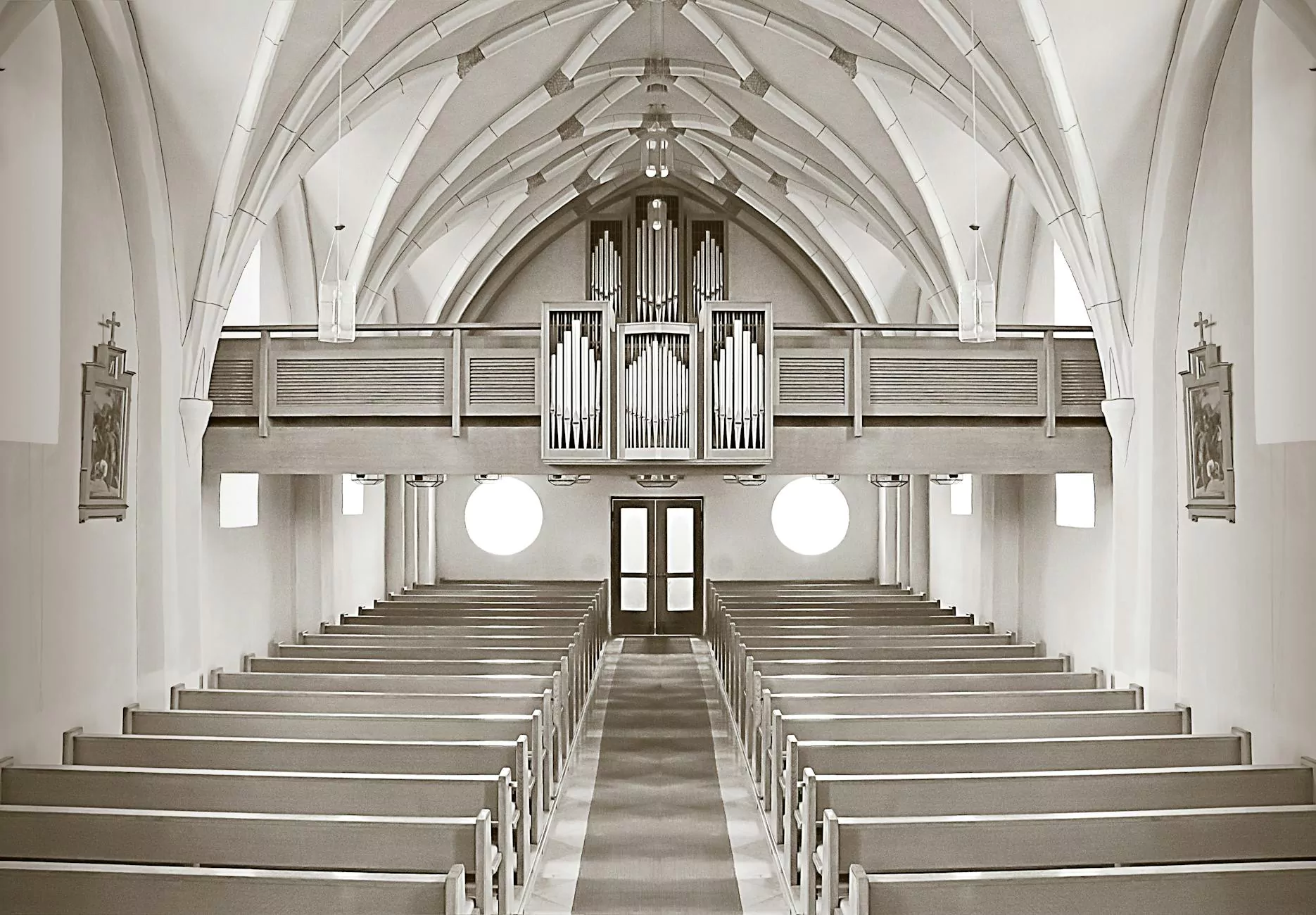Embracing Community and Faith: The Power of Going to a Black Church in Building a Vibrant Spiritual and Social Life

Religious organizations, particularly black churches, have historically served as cornerstones of community, faith, and social activism within African American culture. Going to a black church is not merely about attending a religious service—it is an immersive experience that nurtures spiritual growth, promotes community engagement, and empowers individuals to contribute positively to society. Understanding the multifaceted role of black churches reveals why they remain vital in contemporary life and how they continue to influence social change and cultural identity.
The Historical Significance of Black Churches in America
The origin of black churches in the United States dates back to the era of slavery, where enslaved Africans and free Black populations sought spaces to practice their faith freely, build solidarity, and resist oppression. These churches quickly evolved into more than places of worship—they became centers for education, political activism, and community development.
Throughout history, going to a black church has been an act of resilience and revival. Leaders like Martin Luther King Jr., Malcolm X, and countless others used these community hubs to organize, inspire, and champion civil rights. The legacy of black churches continues today, underpinning the ongoing struggle for justice and equality.
Spiritual Benefits of Going to a Black Church
Attending a black church offers profound spiritual nourishment grounded in rich traditions of Gospel music, energetic praise and worship, and heartfelt sermons. These elements create an atmosphere of upliftment and connection that strengthens faith and encourages personal growth.
- Deepening Faith: Regular church attendance helps individuals develop a personal relationship with God, understand biblical teachings, and experience spiritual renewal.
- Community Prayer: Collective prayer fosters a sense of unity and shared purpose, enabling congregants to support one another through life's challenges.
- Cultural Worship Expressions: Gospel music and lively services reflect the cultural heritage and emotional vibrancy unique to black spiritual traditions.
- Holistic Wellness: Spiritual practices promote mental and emotional well-being, offering comfort, hope, and resilience in difficult times.
The Community Role of Black Churches: A Hub for Social Impact
Beyond spiritual aims, going to a black church positions individuals within a vibrant network dedicated to community upliftment. These institutions serve as launching pads for various social programs, including education initiatives, health outreach, and economic development.
The influence of black churches extends into addressing societal issues such as poverty, racial injustice, and criminal justice reform. Many churches partner with local organizations to provide food security through food banks, mentorship programs for youth, and advocacy campaigns that amplify marginalized voices.
In essence, black churches are living embodiments of faith in action—they empower congregants to become active participants in shaping a more equitable society.
Why More People Are Choosing to Go to a Black Church
The decision to attend a black church aligns with a desire for authentic community connection and cultural affirmation. As society becomes increasingly diverse, many find that black churches offer a unique environment where they can experience spiritual fulfillment alongside cultural pride.
Additionally, the lively worship style, relatable sermons, and emphasis on social justice make black churches appealing to a broad demographic, including those seeking a vibrant, inclusive community rooted in African American heritage.
Practical Aspects of Attending a Black Church in the Modern Era
Modern black churches like bridgechurchnyc.com consider accessibility and inclusivity to ensure all feel welcome. Many churches now incorporate technology, offering live streams, online giving options, and community chat groups to stay connected.
The physical experiences often include interactive sermons, energetic gospel performances, and communal activities that reinforce a sense of belonging.
Whether attending in person or virtually, the goal remains to foster an environment where individuals can deepen their faith, build meaningful relationships, and participate in societal transformation.
The Unique Characteristics of Black Churches that Foster Strong Community Bonds
Several distinct features set black churches apart, making them powerful catalysts for community development:
- Culturally Rich Worship: Integrates Gospel music, dance, and expressive prayer, creating high-energy services that uplift and inspire.
- Historical Roots and Legacy: Deep connections to history motivate congregations to continue traditions of resistance, resilience, and activism.
- Community-Centered Programs: Focused on addressing local needs through tutoring, job training, health screenings, and outreach services.
- Leadership Development: Emphasizes nurturing leaders within the community who serve as spiritual guides and social advocates.
The Role of Black Churches in Promoting Social Justice and Equality
Historically and currently, black churches are instrumental in advocating for social justice. The pulpit often becomes a platform for speaking out against injustices, mobilizing communities to participate in marches, protests, and legislative initiatives.
The spiritual teachings of liberation and equality are woven into sermons, inspiring congregants to actively oppose discrimination and systemic racism. Black churches serve as safe spaces where marginalized groups find solidarity and empowerment to push for societal change.
How to Find the Right Black Church for You
Choosing a church that aligns with your spiritual needs and cultural values involves considering several factors:
- Location and Accessibility: Proximity and transportation options ensure consistent participation.
- Worship Style: Whether energetic gospel services or contemplative prayer appeals to you.
- Community Involvement: Opportunities for volunteering, outreach, and social justice initiatives.
- Leadership and Doctrine: Pastoral leaders’ alignment with your spiritual outlook and the church’s doctrinal beliefs.
- Inclusive Environment: Open and welcoming attitudes toward diverse backgrounds and life experiences.
Conclusion: The Enduring Significance of Going to a Black Church
Going to a black church is a profound journey that encompasses spiritual growth, community building, and societal impact. It is a tradition rooted in resilience, cultural pride, and faith in collective empowerment. In a rapidly changing world, black churches continue to serve as vital anchors for individuals seeking authentic connection, inspiration, and purpose.
Whether you are exploring your faith, searching for community, or looking to make a positive difference, embracing the vibrant world of black churches offers an enriching experience that can transform your life and the lives of those around you.
To learn more about vibrant black church communities that prioritize faith, social justice, and community service, visit bridgechurchnyc.com and discover opportunities to connect and grow within a nurturing spiritual environment.









